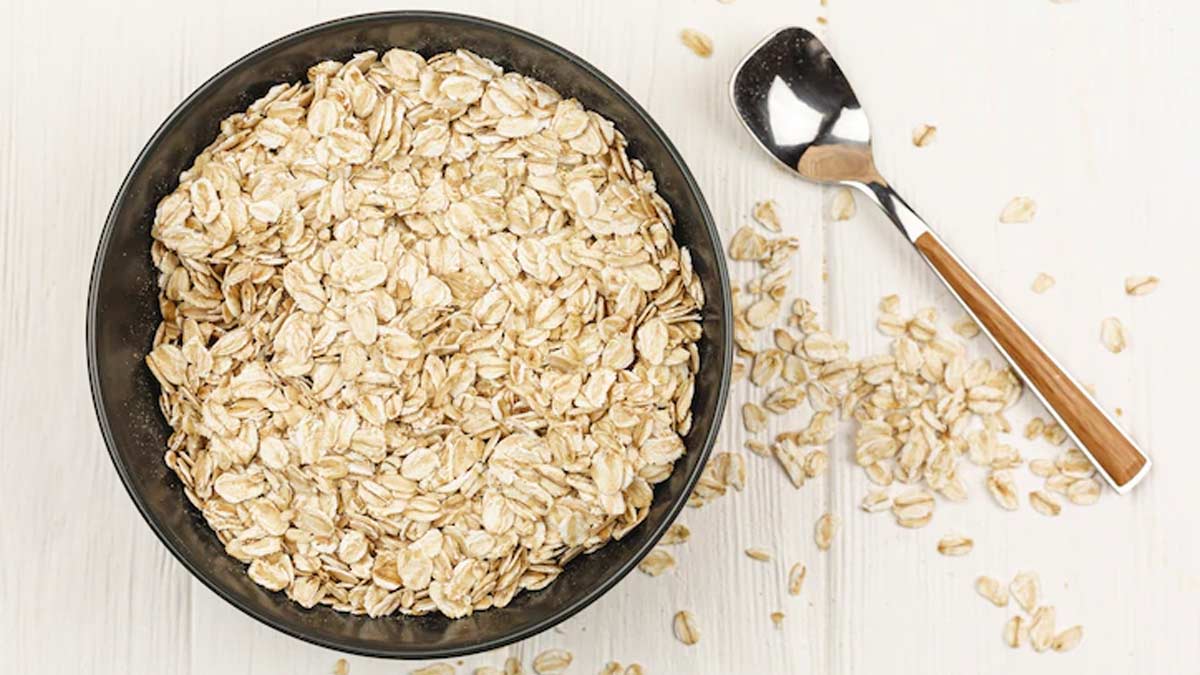
For people living with diabetes, managing carbohydrate intake is an important aspect of maintaining stable blood sugar levels. However, not all carbohydrates are created equal. Some carbs can provide essential nutrients and fibre while causing a slower rise in blood sugar.
According to the World Health Organisation, type 2 diabetes affects an estimated 77 million persons over the age of 18, with roughly 25 million being prediabetics.
It is advisable for diabetics to steer clear of sugar. Many people confuse it with sugar. But, in the case of diabetes, starches and fibres, which are present in carbohydrates, are also considered essential.
Whole Grains
Whole grains are high in fibre and minerals, such as brown rice, quinoa, and whole wheat pasta.
According to the Centers for Disease Control and Prevention, fibre slows the digestion and absorption of carbohydrates, avoiding blood sugar rises.
Also read: Diabetes Diet: Healthy Snacking Tips To Control Your Blood Sugar Levels
Legumes
Beans, lentils, and chickpeas are excellent sources of complex carbohydrates, fibre, and plant-based protein.
They have a low glycemic index, meaning they have a negligible impact on blood sugar levels.

Sweet Potatoes
Sweet potatoes are a nutritious and delicious carb option. They are rich in fibre, vitamins, and antioxidants, making them a better choice than regular potatoes for managing blood sugar.
According to several studies, boiled orange sweet potatoes have a lower GI value than baking or roasting them.
Berries
Berries like blueberries, strawberries, and raspberries are low in sugar and high in fibre. They provide natural sweetness without causing significant spikes in blood sugar.
Also read: Can Ayurveda Manage Diabetes? Here's How It Can Help You
Oats
Oats are a heart-healthy carbohydrate option that contains beta-glucans, a type of soluble fibre. This fibre helps stabilise blood sugar levels and can improve insulin sensitivity.

You Can Have Non-Starchy Vegetables
Vegetables like broccoli, cauliflower, spinach, and kale are low in carbohydrates and rich in fibre. They can be consumed in generous portions without significantly affecting blood sugar.
- Tips for Managing Carbohydrates with Diabetes
- Pay attention to portion sizes to avoid overeating carbohydrates.
- Regularly check your blood sugar levels to understand how different foods affect you.
- Choose foods with a low glycemic index to prevent rapid blood sugar spikes.
- Combine carbohydrates with lean protein, healthy fats, and plenty of non-starchy vegetables for a well-rounded meal.
Managing carbohydrate intake is an important element of diabetic care, but it does not imply completely avoiding carbs. Individuals with diabetes can have a varied and nutritious diet while controlling their blood sugar levels by eating healthy carbohydrate options such as whole grains, legumes, and non-starchy vegetables.
Disclaimer
It's essential to work with a healthcare provider or registered dietitian to create a personalised meal plan that meets individual needs and preferences while promoting optimal blood sugar control.
Also watch this video
How we keep this article up to date:
We work with experts and keep a close eye on the latest in health and wellness. Whenever there is a new research or helpful information, we update our articles with accurate and useful advice.
Current Version